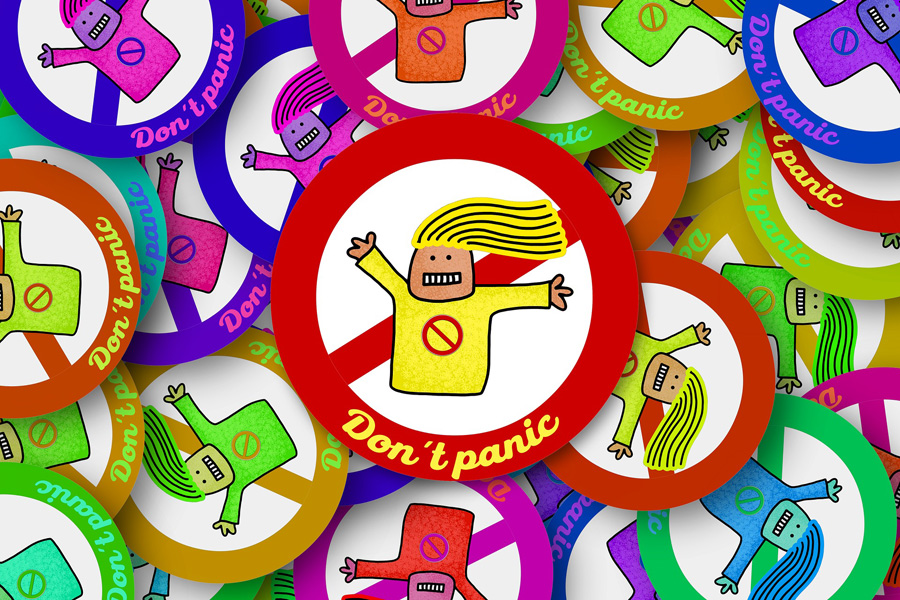Like learning to walk, driving is never going to be easy on the first go. You are probably going to worry, you will most definitely make mistakes and at one point you might even want to give up.
As you start to consider the benefits of learning to drive, like me, you might wonder if it is really necessary. Well no, of course it isn’t, but driving opens up much more opportunities for you throughout your life and gives you the freedom that public transport can restrict.
So you make up your mind and you book your first driving lesson, but now numerous apprehensions that make you want to shift into reverse and park up, are rushing at 100mph through your head.
Let’s just take a back seat for a moment. It is completely rational to be worried when approaching your first driving lesson, and probably many lessons after that.
These are just some of the concerns you may have when nearing your first lesson:
Crashing
Probably the most daunting aspect of learning to drive is the fear of crashing and getting hurt. So when we are then given the responsibility of making sure the 3000-pound steel box does not hit anything, it is sure to induce just a little panic.
It is important to know that your instructor has their own set of pedals, so you should never have 100% control of the car. Equally, your instructor should never force you to progress at a rate that you are not comfortable with.
The most important rule when learning to drive is to stay calm and evaluate your situation before making any rushed decisions. This leads on to our next worry.
Other Road Users
I won’t lie to you, some drivers out there are impatient and just plain rude. Whether it was a bad day or they find freaking out learner drivers funny, what is the best way to deal with them? Ignore them.
If you allow the pressure to bother you, you’ll begin to make mistakes. If you keep control of your emotions, you’ll keep better control of your car and be able to make sure you safely arrive at your destination.
Your Instructor
You won’t be compatible with everyone you meet in life. So if you are concerned you won’t like your instructor, don’t be. If your driving school has another instructor available they will change that for you. You won’t offend anyone, it is likely your instructor has dealt with this before so do what is right for you.
Common Misconceptions About Learning to Drive
There are a couple of misconceptions you might have about learning to drive and it is important to address them.
The first is that it only takes a few lessons for some people to pass. Well, I wouldn’t get your hopes up. The DSA states it takes on average 47 hours of lessons and 22 hours of private practice before a new driver is ready to pass their test. While this may be less or more for you, it is important to keep a realistic mindset and not get disheartened too early on.
The second is that newly passed drivers are better than the elderly because the knowledge is fresh in their minds. If you have heard the phrase practice makes perfect before, this is a prime example of when experience will help you become a better driver. If you make mistakes early on and allow yourself to learn from them, it will prepare you when having to handle similar situations in the future.
So when you are approaching your first lesson, be prepared to make errors of judgement and remember that not only are they normal, but if you take them in your stride and keep cool, they can provide you with the learning tools you need to become an excellent driver.


